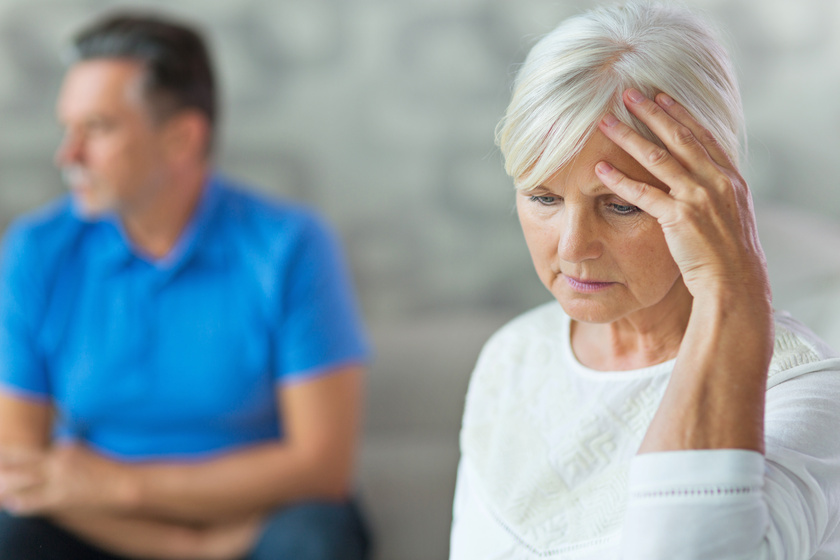It’s easy to assume that detecting melancholy in an elderly person would be simple since many indicators of grief, such as tears and weariness, are evident. However, depression, like many other illnesses, presents differently in the aged than in the youthful. An elderly person who is depressed, for instance, may not cry a lot but may grumble of fatigue and attribute those linked issues to their age. This makes it more difficult for clinicians, family members, and elderly individuals themselves to detect depression. Here are six signs of depression to look for in older persons.
Irritability
According to studies, older persons suffering from depression have a stronger negative bias in how they see the world around them. When a person suffering from depression gets any kind of data, they tend to perceive it negatively. As a result, persons who are prone to expressing negative feelings with fury or frustration will do so openly when interacting with others.
Headaches
Folks may not express their melancholy to their treating physician or family members. Rather, they might whine about bodily conditions. Depression can cause headaches, just as chronic migraine. Remember that even if mom or dad’s headache is caused by depression, the pain is still very genuine.
Dip in Energy
Energy levels drop as a result of depression, and many of the effects, such as severe overwhelming emotions, can increase tiredness. Altered brain neurotransmitters like dopamine and serotonin are thought to be linked to depression since these neurotransmitters play a vital function in energy regulation.
Loss in Interests
When an elderly person suffers from undiagnosed depression, he or she may feel unmotivated in engaging in formerly enjoyed hobbies and withdraw from social engagements and physical activities. This is bad because staying at home for prolonged periods may lead to loss of mobility in the near future.
Weight and Appetite Changes
Older folks suffering from depression may have fluctuations in their weight and appetite. But do note that this is a unique experience for each individual. Some individuals gain weight due to a larger appetite, while others might lose weight due to a lack of hunger. The awareness of diet modifications is one indicator of whether or not they are linked to depression. If they aren’t intentionally losing weight, it may be the result of depression.
Extreme Panic or Anxiety Attacks
Anxiety and depression are more closely connected than you would imagine, although anxiety is a high-energy condition and depression is a low-energy one. A person suffering from depression is likely to have a great deal of anxiety, potentially on the verge of panic attacks.
Anxiety disorders are characterized by more than just tension and uneasiness. They can instill dreadful fear in those who would otherwise be unconcerned. Many persons who suffer from anxiety disorders are well aware that their thoughts are unreasonable but they are still unable to stop them.
Although depression can be a widespread condition among the elderly, it is not a natural component of the aging process. Depression is a serious condition, but there are therapies available to assist. Depression, for the most part, improves with counseling, medication, and other types of treatments. Nonetheless, it’s critical to recognize the early warning symptoms to respond promptly.







